Script outline below:
Hi, everyone, and welcome to Perfectly Planned Content’s Writing Wednesday video series, where we dive into the power of words and the many ways writing impacts your business. I’m Lauren Keller, Director of Content and Strategy, and I’m thrilled to bring you a monthly video series completely dedicated to the craft of writing.
I’d like to start today’s video with a beautiful quote from American literacy expert and author Pam Allyn,
“Reading is like breathing in; writing is like breathing out.”
What an inspiring sentiment and one that dovetails nicely into our video topic for today: reading and why that habit makes you a better writer.
Today, I will share five critical ways reading can make you an even better writer.
1. You Learn Something New (Which Is Good for Your Brain)
Whether you’re knee-deep in a fantasy novel or focusing on career/self-development or sticking with the classics, reading gives you a chance to learn something new—whether that be about yourself, your profession, or someone else’s perspective altogether.
Challenging your brain to absorb new information is healthy and can keep you sharp and agile. It can also help you with daily tasks like concentration, attention to detail, and problem-solving.
2. You Expose Yourself to Different Writing Styles, Techniques, and Other Devices
There’s a whole world beyond your business blog. Sometimes it’s so easy to get caught up in your own voice that you forget about the rich diversity of writing and reading other people’s words. Reading other people’s work is an excellent way to learn about different writing styles. You can also start to see how those writing styles come to be.
- What’s the difference between a casual or professional tone?
- How does the writer set the scene?
- When do they start a new idea?
- How do they form their argument/main points?
- What devices do they use to keep you engaged?
Understanding the mechanics of writing helps you develop your style and voice.
3. You Train Your Critical Thinking Muscles
One of the highly-touted skills my English degree gave me was critical thinking.
Critical thinking is integral in the workforce and helps you dig beneath the surface, ask challenging questions, and put your mind toward building answers/solutions.
Believe it or not but reading can help you do that. Think about this question: why is your favorite book your favorite?
- Is it the character development?
- The author’s strong command of language and imagery?
- The message or theme of the book and the way that information was presented?
- The social and historical context and commentary?
Reading trains your brain to think more deeply about information. In a sense, it helps you uncover your “why,” which is one of the most essential components of your business.
4. You Expand Your Vocabulary
Is your vocab feeling a bit stale?
Reading can help you change that!
Writers continually search for exciting and provocative ways to tell stories. Reading those stories exposes your brain to varying vocabulary.
Building a robust vocabulary takes time; perhaps you may want to play word games to introduce yourself to different words as well.
Being well-read can get you talking like a writer in no time.
5. You Set The Scene for Inspiration To Strike
Reading isn’t passive; it’s active.
With every sentence, your brain conjures new thoughts and ideas. Reading an article or a book may inspire you to write about your perspective on a given topic or be the fuel you need to create more long-form content: a book, a course, a blog, etc.
Keep Reading, Then Get Writing
Great writers are also great readers.
Reading is an opportunity to step outside of your perspective, learn something new, and broaden your horizons.
Here’s a challenge: set specific reading goals. Perhaps you’ll want to read a certain number of books per year or challenge yourself to read across genres and authors. Build goals that help you grow.
Now, get reading!
Until next time.

